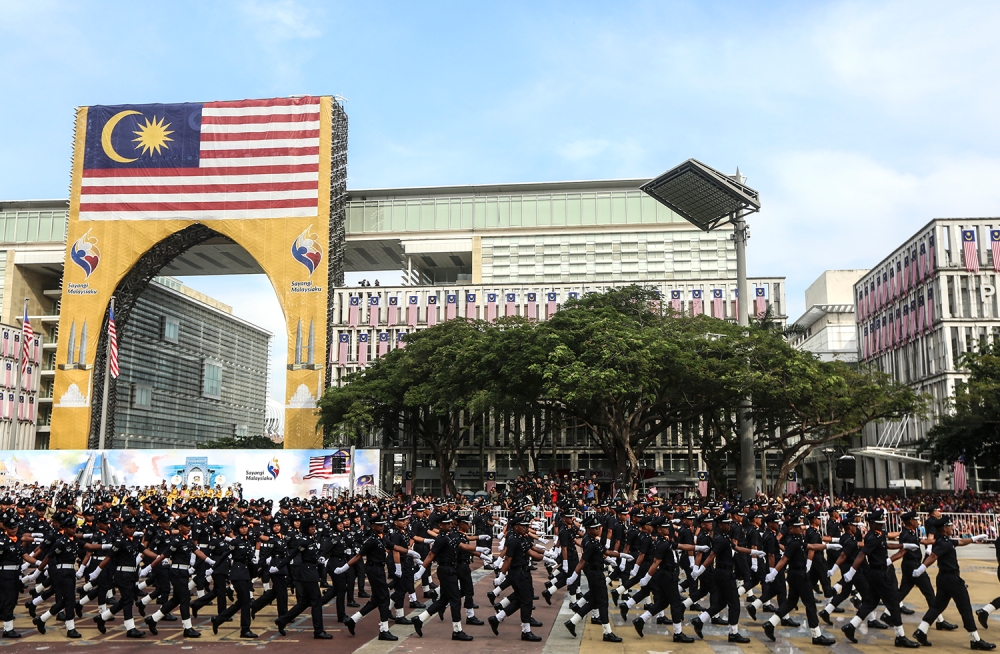MARCH 19 — I recently returned from a quick trip to Kuala Lumpur and thoroughly enjoyed the energy of the city.
KL, I’d say, is having a moment — a new more inclusive government and strong economic growth seem to have provided the basis for an explosion in dining, drinking and entertainment options in the city.
The Michelin Guide, for example, finally launched in KL and there are some really excellent meals to be had. But more important than endorsements from foreign guides, you see a vibrant local creative scene.
Petaling Street, I’d argue, is one of the most vibrant neighbourhoods in the world peaking with trendy cafés, speakeasies and food trucks springing up next to thriving old hawker stalls, bakeries and markets.
In KL, unlike Singapore, perhaps because sky high rents are less of a factor, the old doesn’t just give way to the new. Somehow the past, present and future are simultaneous.
It’s beautiful and fun. But look a bit closer and you realise that under this vibrancy is real fragility and division.
Ultra conservative Islamist party PAS is the largest single party in Malaysia’s parliament. Though they were unable to form a broad enough coalition to take national power, their share of the vote is high and apparently growing.
The political situation just underscores and reflects the fundamental divisions in Malaysia’s society. Ethnic divisions between Malaysians of Chinese, Indian and Malay origin are deep.
Even within KL’s thriving dining scene so many establishments seem to be catering to one ethnic group or the other.
This question of Malaysia’s divisions really struck at some point when we found ourselves briefly pulled over by the local police. It was an uneventful routine stop but it occurred to us that in Malaysia, we never really encountered ethnic Chinese or Indian police.
So we googled it and discovered that ethnic Chinese account for less than 4 per cent of Malaysia’s police force despite being over 20 per cent of the population. The stats for Indians are not much better.

This links back to a debate I’ve been following in Malaysian politics when earlier this year DAP’s P. Ramasamy called for an end to the Malay dominance of the public sector.
Former Malaysian prime minister Tun Dr Mahathir Mohamad who is credited with introducing and deepening policies that entrenched Malay dominance of the civil service defended his policies. He argues that as the Chinese were so dominant in the private sector it was necessary to create a space for the majority community in the civil service.
But does this logic hold, more than 60 years after independence?
This contrasts with Singapore where public sector composition is more reflective of our demographics. In Singapore, you find Malay and Indian origin Singaporeans throughout the civil service though they, particularly the Malay community, tend to be underrepresented in senior positions.
While I love Malaysia and am optimistic about the country’s future, this problem is a profound one and I suspect will need to be resolved if Malaysia is to reach the next phase of its growth and development.
One day soon, while driving in Malaysia, I hope to be pulled over by a non-Malay police officer.
*This is the personal opinion of the columnist.






















